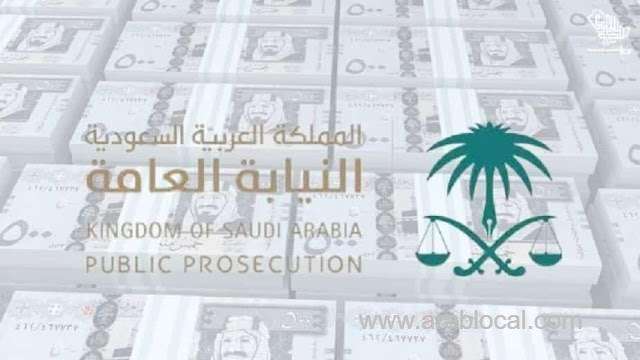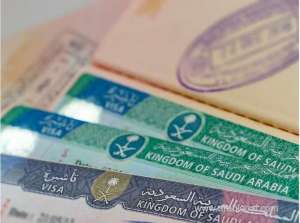In Saudi Arabia, the Public Prosecution announced that those who commit financial fraud online through the internet will be jailed for 3 years and fined up to 2 million Riyals.
The Prosecution warned against doing any such fraudulent activities that involve creating or sending links, texts, or electronic messages that impersonate government agencies, bodies, or financial or service institutions in an attempt to obtain money or financial data from others by fraudulent means, or under false pretense.
The punishment will be applied to anyone who commits a cybercrime which involves the seizure of a movable asset or a bond or the singing of a bond by fraud or the impersonation of an entity in any way.
Public Prosecution's alert follows continuous complaints about bank account breaches in the Kingdom, which resulted in loss of many sums of money.
- There are many types of financial fraud, most notably repeated calls to bank customers by gangs posing as Saudi banks, or investment companies and financing agencies, along with continuous withdrawals without knowing why.
Financial fraud is only possible with the help of the victim, and everyone is advised to be cautious and careful so as not to become victims.
- A large percentage of financial fraud occurs with the victim's help, and without the victim's help it never would have happened. The fraudster seized 200,000 riyals from the victim by simply sending him a link.
You shouldn't respond to anyone requesting your banking information or bank statement. The Banking Information and Awareness Committee in Saudi Arabia has warned of such financial fraud practices numerous times.
Social Media Fraud :
In social media, you will find posts offering fake covid-19 tests, false proofs of vaccination, driving license renewals, deeply discounted offers in online stores, as well as renewing bank cards.
Today, there are more publications and advertisements encouraging people to invest in digital currencies and forex. These are real scams, but the scammer takes advantage of the weak awareness of the victim in these areas with the delusions of getting rich fast.
- Such fraudsters are looking to get your personal information, despite the fact that such operations require such information, such as when it comes to renewing bank cards, which are only renewed at a specific place without asking for a password or OTP.
- Avoid very tempting offers from online stores or get-rich-quick offers in forex trading, which often result in huge financial losses. Renewal of bank cards, driver's licenses, etc., can only be completed at designated locations.
Spam : Email is also one of the top causes of scams worldwide, and recently, it has increased in Saudi Arabia, specifically via messages related to shipping and logistics from local and international companies.
Fraudsters deliver emails that look like official emails, and their goal is to get payment of 10 riyals via credit card for various reasons, which aren't requested in official emails.
Don't click on any unknown links, check the email address, and don't reply to such emails. Only trust official websites and official application information.
Report spam messages to the assigned number 330330, enclosing all his details in the text message.
SOURCE : SAUDI EXPATRIATES







